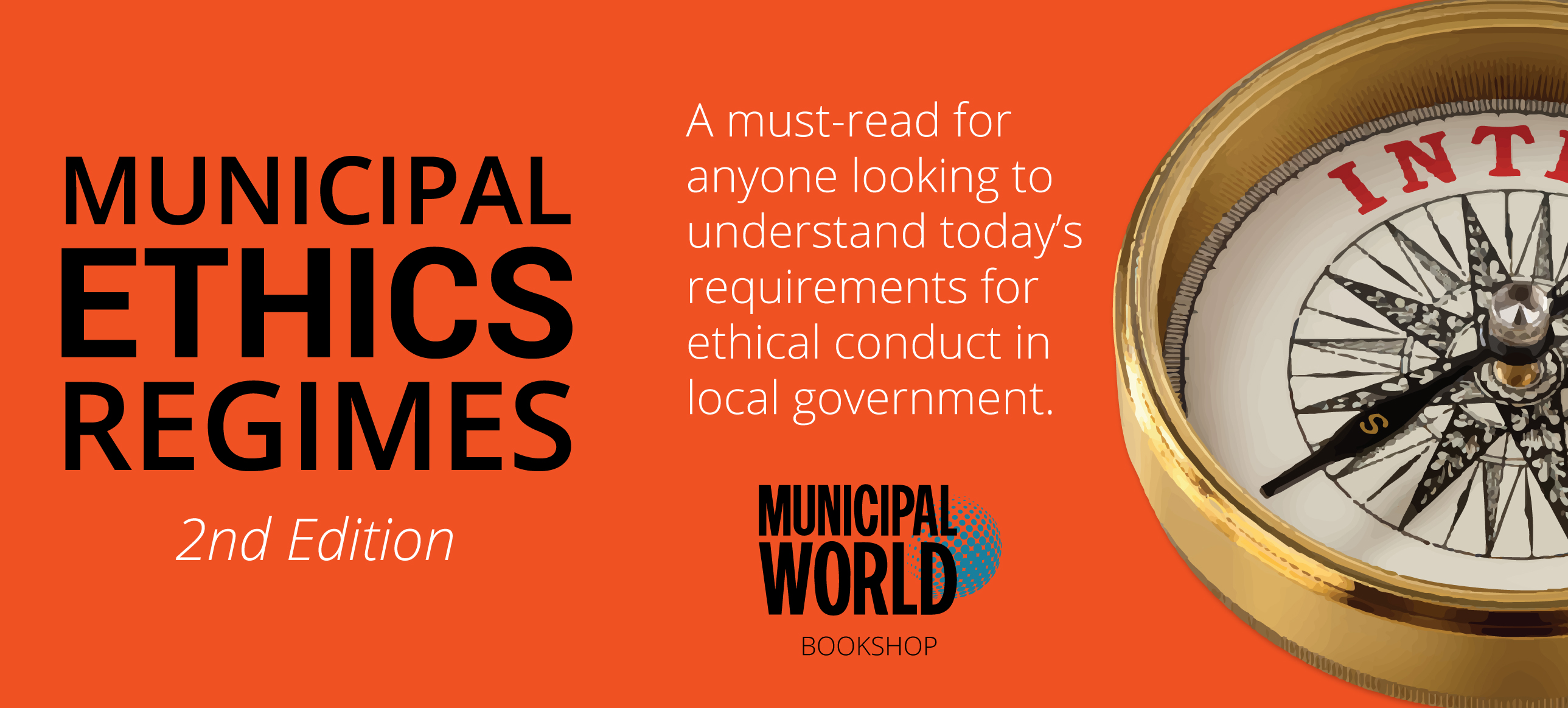Avoiding the costs of a bad hire: How intake strategy sessions can improve your hiring process

We’re all aware that bad hires are costly. And, it’s not just the money, which can often be a six-figure loss considering time, training, onboarding, and everything invested in a new hire over their first year. It’s also the productivity loss, impact on team morale, and damage to your reputation – internally with employees, and with public perception.
That cost can be avoided completely by setting the stage properly in the recruitment process. Bad hires happen when the hiring manager and the recruiter are on different pages. Great hires happen after great intake strategy sessions.
Intake Strategy Sessions
The intake strategy session is a tool to properly gather job requirements and supporting information. This key information will prove critical to understanding organizational needs and culture. It’s a matter of starting the process with mutual respect, while ensuring a consultative approach, managing expectations, and sharing the responsibility of generating a great hire.
Recruiters often hear the statement: “I don’t have time for an intake session.” Hiring managers are understandably busy people, and it’s the recruiter’s job to demonstrate the value of the strategy session. Recruiters must be empathetic and take time to understand and impact their hiring managers’ “pain points” during the recruitment process. They can overcome initial resistance by demonstrating their expertise and support. The hiring manager should feel they are “in good hands” and that they’ll be represented professionally and effectively in the broader job market.
By explaining the recruitment process and helping hiring managers to understand what to expect, recruiters can become key organizational partners and advisors as they guide the hiring manager through the recruitment process.
Key Questions
During the intake strategy session, the hiring manager is guided by the recruiter to answer a sequence of key questions that help the recruiter to accurately understand the nature of the operation and the position. The information gathered is just what is needed in one shot for the recruiter to launch the search, and keeps the recruiter from needing to pepper the hiring manager with follow-up questions later in the hiring process.
Key questions that will shed some light on the situation, and will help the recruiter to promote the position, might include:
What is exciting and dynamic about the role? What sells the position to candidates?
- If you don’t fill this role, what is the consequence to your organization?
- Shall we submit candidates above the pay grade if they are exceptional?
- What will a day in the life of the position look like?
- What will success in the role look like, and how will you measure it?
Great recruiters partner with hiring managers as trusted advisors. Recruiters know the job market, they are knowledgeable about where to source both active and passive candidates, and know how to attract and include diverse candidates to strengthen shortlists.
And it all starts with an effective intake session. MW
A version of this article was published in Municipal World, October 2017
Anita Sampson Binder, M.A., RPR, CCIP, has strategic HR and recruitment experience in senior management roles with organizations like Compass Group Canada and York University. Anita has extensive global HR management experience, including directorships in diversity and inclusion.
Related resource materials:



